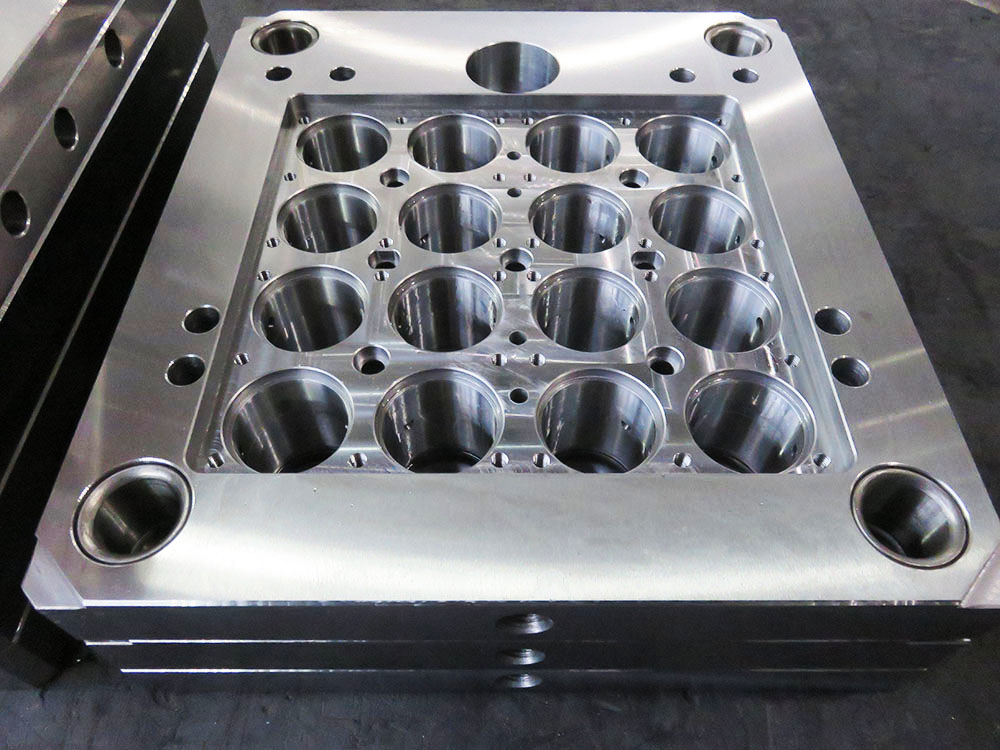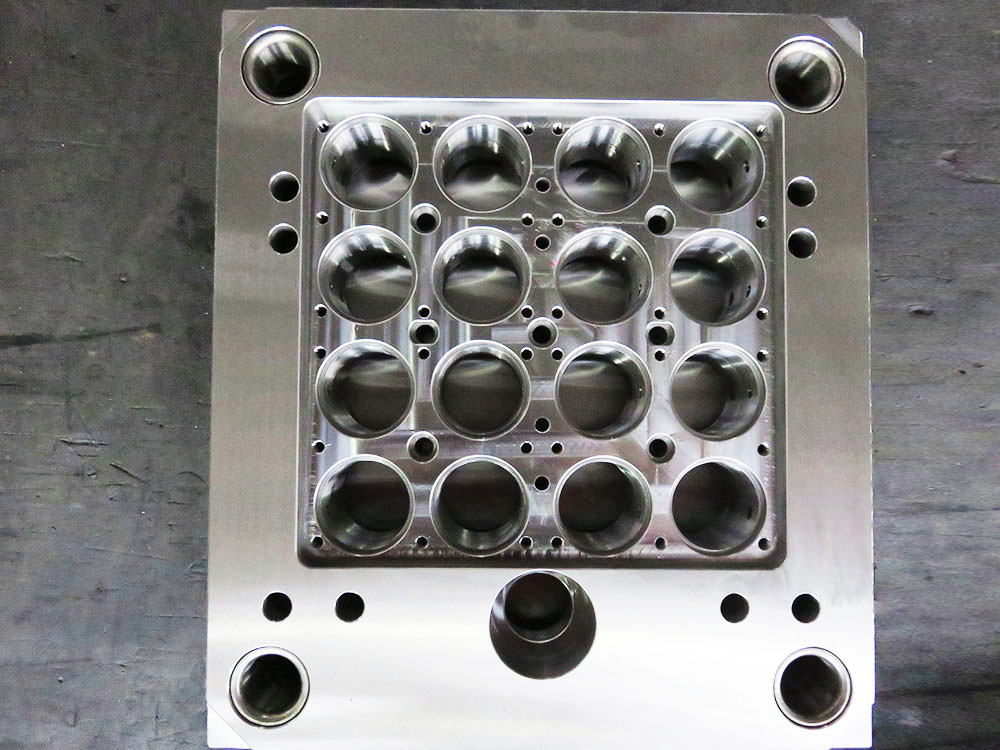Customized Design and Manufacturing of Non-Standard Structures in the Mold Base Industry
Introduction:
The mold base industry plays a crucial role in the manufacturing sector, providing the foundation for creating customized molds. With the growing demand for non-standard structures, it has become essential for mold base manufacturers to focus on customized design and manufacturing processes. This article aims to explore the importance of customized design and manufacturing in the mold base industry and its impact on meeting market requirements efficiently.
1. Understanding Customized Design:
Customized design refers to tailoring the mold base structure according to specific customer requirements. This involves in-depth analysis of the desired shape, size, and functionality of the non-standard structure. Through collaboration with clients, mold base manufacturers gain a comprehensive understanding of their needs. This enables them to develop accurate blueprints that align with the client's expectations.
2. Benefits of Customized Design:
Customized design provides numerous benefits for mold base manufacturers. Firstly, it allows for greater flexibility and innovation. By creating unique designs, manufacturers can cater to a wider range of industries and applications. Additionally, customized design helps optimize the use of materials, reducing waste and costs. This approach also enhances the overall precision and performance of the mold base, ensuring a high-quality end product.
3. Manufacturing Techniques:
Non-standard structures often require specialized manufacturing techniques. Mold base manufacturers utilize advanced technologies such as computer numerical control (CNC) machining to produce accurate and complex mold base components. CNC machining ensures excellent precision, enabling manufacturers to meet tight tolerances. Additionally, additive manufacturing techniques like 3D printing can be employed to create intricate structures with minimal material wastage.
4. Application Areas:
The demand for non-standard structures is prevalent in various industries, including automotive, aerospace, consumer goods, and medical devices. Customized design and manufacturing allow for the creation of mold bases that are tailored to specific industry requirements. For example, in the automotive industry, mold bases need to withstand high pressures and temperatures, making customized design essential for reliable and efficient production processes.
5. Quality Control and Testing:
Customized design and manufacturing of non-standard structures require stringent quality control measures. Mold base manufacturers conduct comprehensive testing to ensure the durability, accuracy, and performance of the molds. These testing procedures include dimensional inspections, surface quality assessments, and functionality tests. By adhering to strict quality control protocols, manufacturers can deliver mold bases that meet or exceed customer expectations.
Conclusion:
The mold base industry's shift towards customized design and manufacturing of non-standard structures is imperative to meet the evolving market demands effectively. By understanding customer requirements and employing innovative manufacturing techniques, mold base manufacturers can develop precision-made mold bases tailored to specific industries. This facilitates enhanced productivity, cost-efficiency, and product quality. As industries continue to seek unique and specialized solutions, the trend of customized design and manufacturing in the mold base industry is expected to grow exponentially in the coming years.




